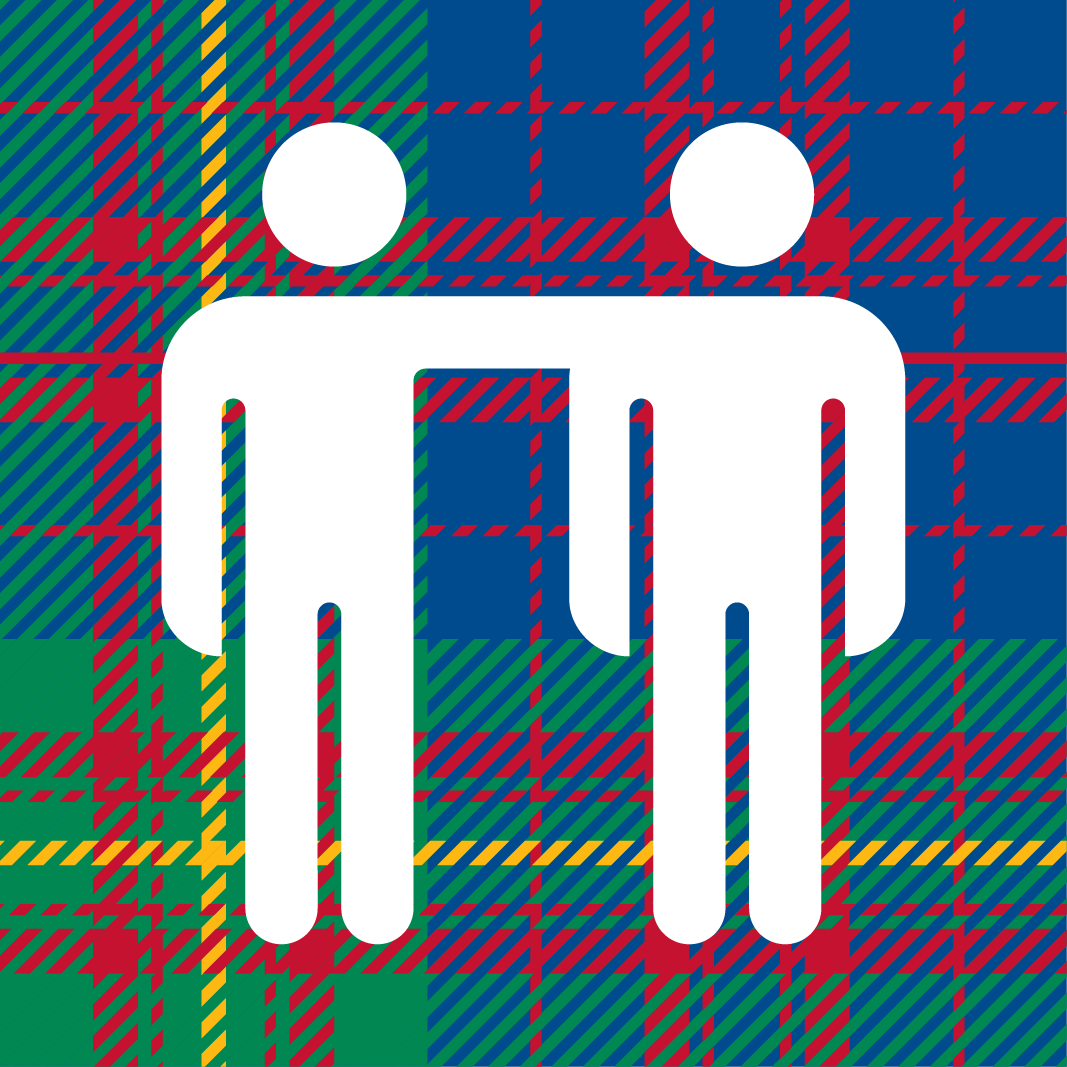Americans often use the noun “democracy” to refer to the style of government that defines a republic. This style of government consists of two parts – an uncensored public discourse in which all people participate in, and the replacement of governments by voters in elections. Voters must be a part of the shared public discourse, and must be disparate enough to be independent.
The benefits of a republic are threefold. First, it provides a reliable and non-violent solution to the fundamental problem of politics – of how to remove bad governments. Second, it provides a source of good policy ideas. Third, it provides incentive for the powers that be to align its interests with those of the populace.
However, democracy relies on educated public paying attention to the right things and making the right decisions. Does the public have such knowledge? Is it even reasonable to expect the public to constantly keep up with complex political issues while managing their own livelihoods? Furthermore, there are non-democratic success stories like Singapore and Hong Kong. These countries have very low levels of corruption. Could such countries indicate successful alternatives to electoral democracies?
